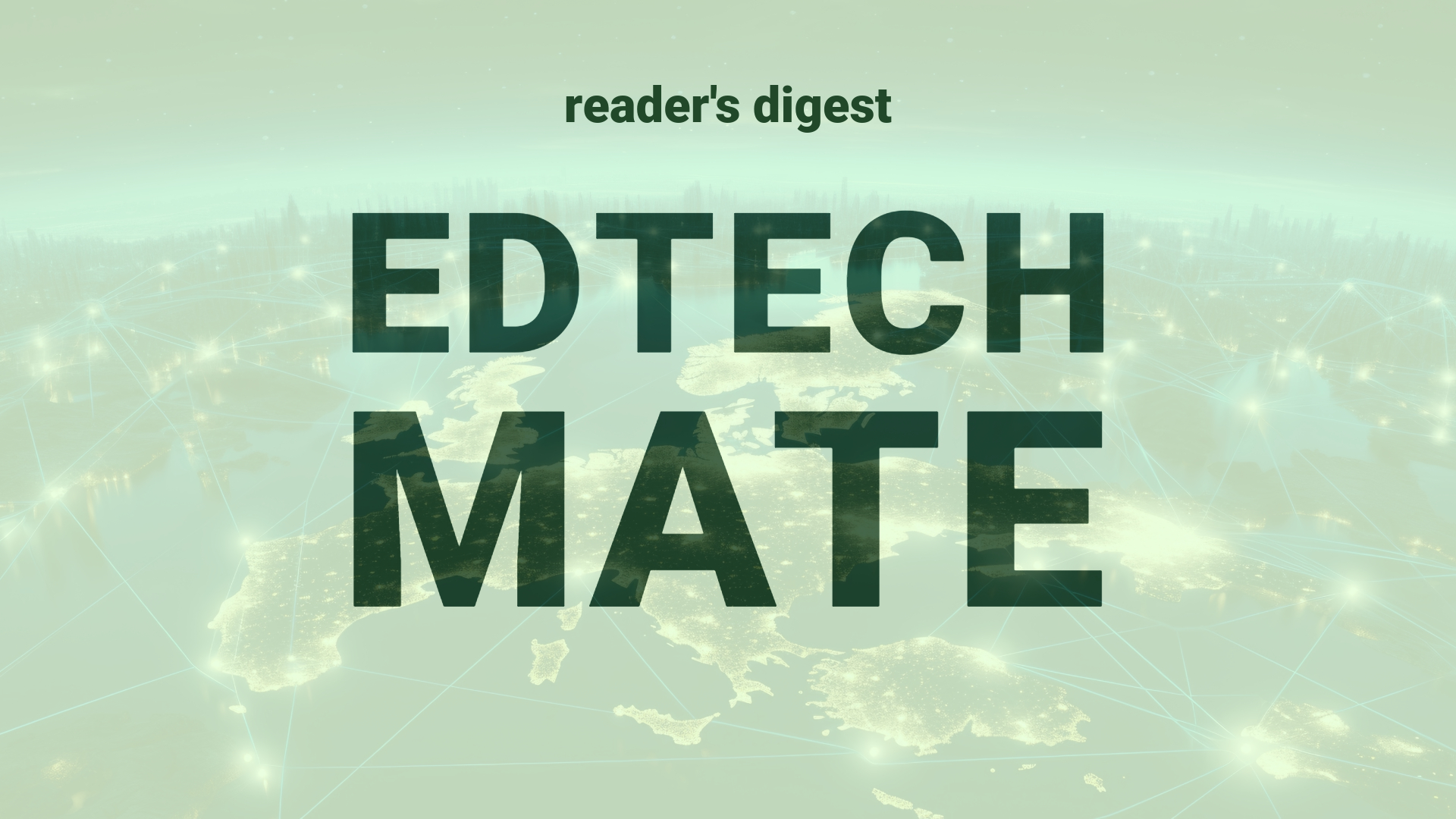Executive Summary and Main Points
The higher education sector is increasingly embracing generative AI (gen AI), witnessing a swift integration of such technologies in enterprises with investments reaching approximately $15 billion in 2023. This reflects a rapid market adoption comparable to the ascension of Software-as-a-Service (SaaS). Gen AI is revolutionizing software industries with agentic workflows and redefining user segments, creating new value pools, and shifting industry dynamics with both opportunities and challenges ahead.
Potential Impact in the Education Sector
Gen AI’s implications span across Further Education, Higher Education, and Micro-credentials, opening doors to strategic collaborations and enhanced digitalization efforts. Investment in gen AI can streamline administrative processes, enable personalized learning through natural language interfaces, and foster more efficient research and data analysis. The dynamism brought by gen AI could also lead to significant changes in pedagogical frameworks and institutional competitiveness while profoundly influencing the landscape of micro-credentialing through accessible, custom-tailored educational pathways.
Potential Applicability in the Education Sector
Innovative applications of gen AI within the global education systems include the development of intelligent tutoring systems, automated grading and feedback, adaptive learning platforms, and research assistance tools. Integration of these AI-powered digital assets could facilitate diverse and inclusive learning environments, augment faculty capabilities, and optimize institutional operations through predictive analytics and data-driven decision-making.
Criticism and Potential Shortfalls
Critically, while gen AI presents manifold advantages, it also carries potential drawbacks and ethical considerations. The homogenization of educational tools could risk diminishing pedagogical diversity if reliance on gen AI becomes overly pervasive. Cultural implications and the potential bias in AI algorithms are of significant concern, calling for rigorous scrutiny. Comparative international case studies show varying degrees of readiness and equity in adopting such technologies, pointing to a need for cogent strategies to address inclusivity and fairness.
Actionable Recommendations
For the effective implementation of gen AI technologies in higher education, it is essential to form multidisciplinary teams to assess needs and potential impacts. Institutions should foster partnerships with tech providers, invest in faculty training for gen AI adoption, and meticulously evaluate tools for bias and relevance to curricula. Strategic insights suggest developing an innovation-focused culture within educational leadership, emphasizing continuous learning and adaptability amidst evolving digital trends.
Source article: https://www.mckinsey.com/industries/technology-media-and-telecommunications/our-insights/navigating-the-generative-ai-disruption-in-software

